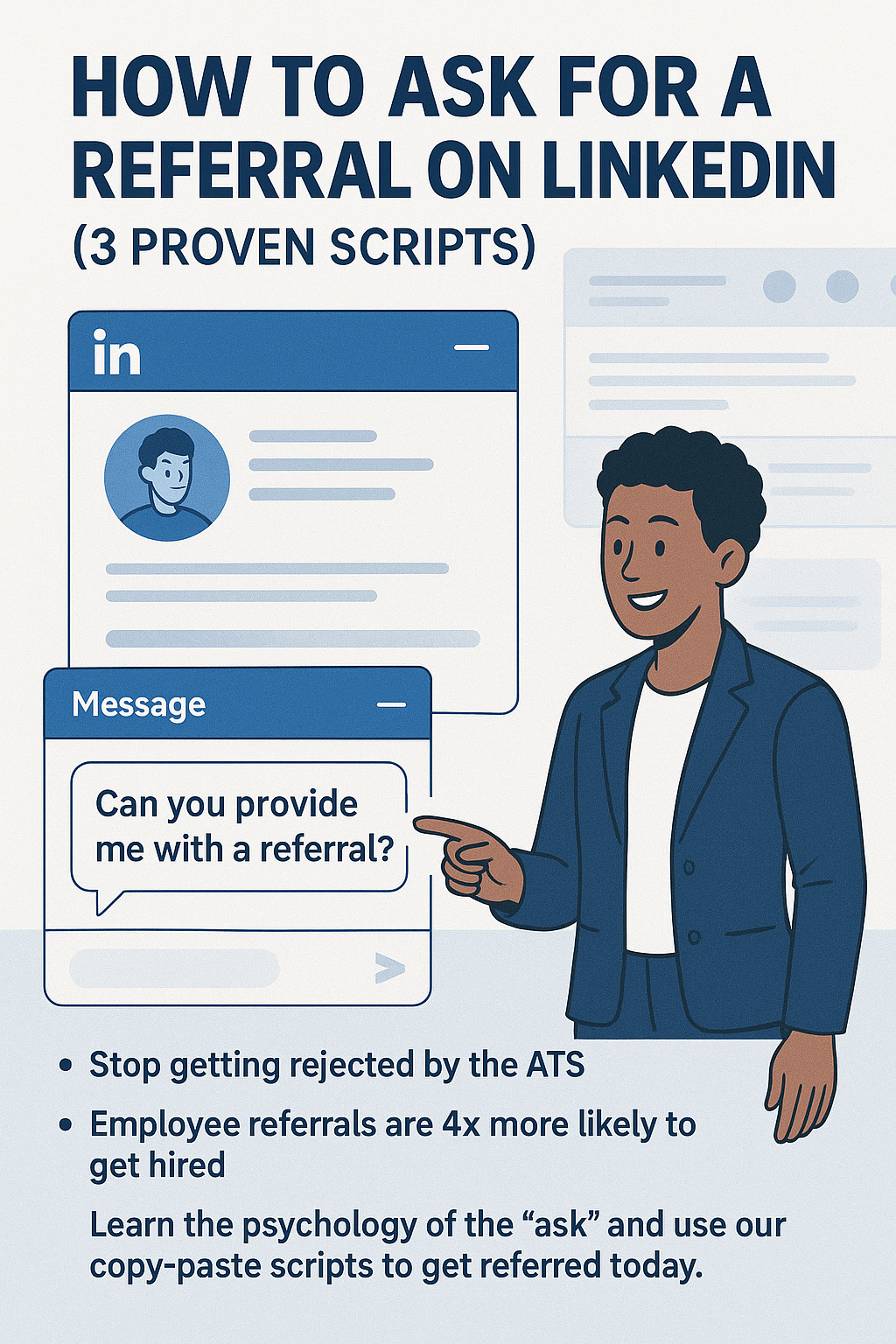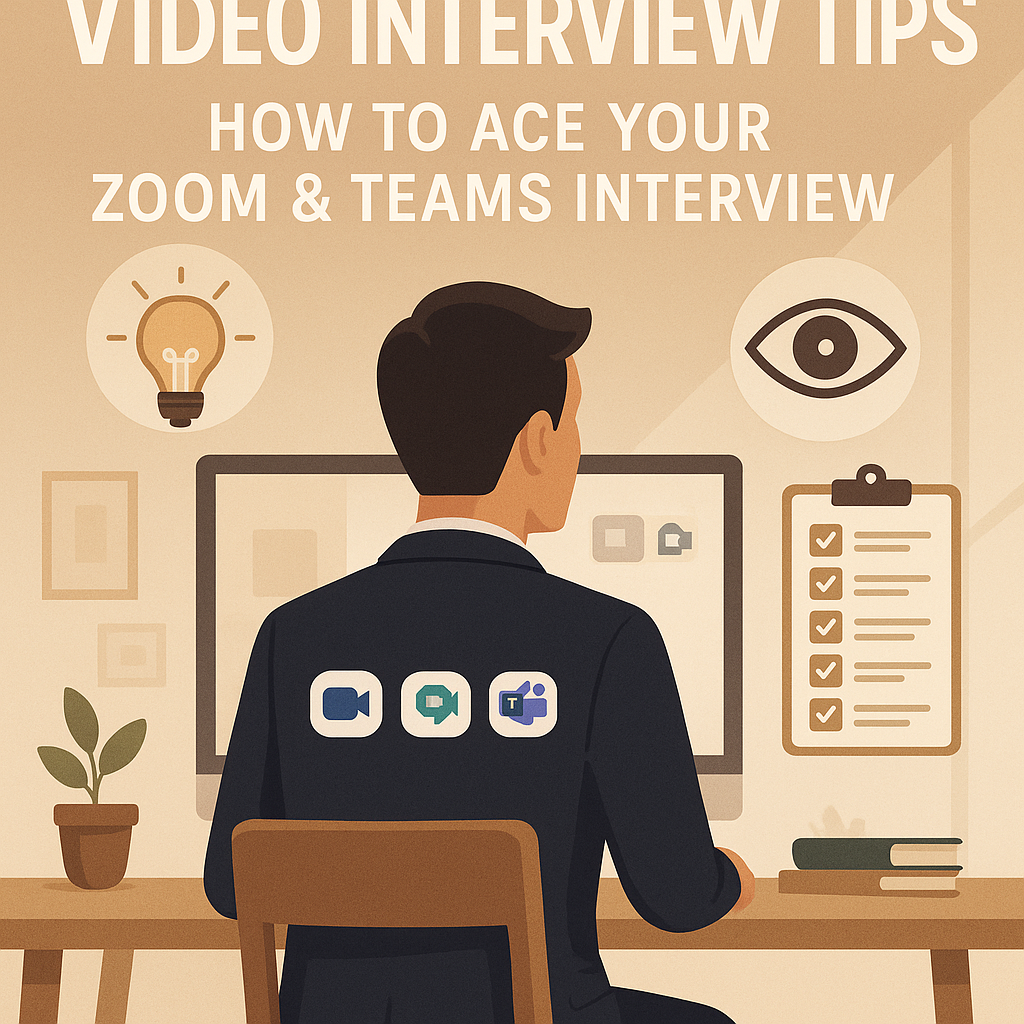
How to Ask for a Promotion (and Get It)?
For most ambitious professionals, it’s a constant, nagging thought in the back of their minds. You’ve been in your role for a while now. You’ve mastered your responsibilities, you’re consistently exceeding expectations, and you’ve started taking on tasks that are well beyond your official job description. You see a clear path to the next level, and you know in your gut that you are ready for it. But there’s one major hurdle: how do you actually ask for the promotion?
This single conversation is one of the most high-stakes and nerve-wracking moments in a professional's career. It’s fraught with anxiety and self-doubt. "Will I sound too demanding?" "What if they say no?" "Is it the right time?" "Will it make things awkward with my manager?" The fear of coming across as arrogant or entitled, or worse, the fear of outright rejection, causes many highly deserving employees to simply wait. They hope that their hard work will be noticed and that a promotion will magically fall into their lap.
While this passive approach can occasionally work, it is a terrible career strategy. Waiting to be noticed is leaving your professional growth in the hands of chance. Taking control of your career means proactively advocating for yourself. Asking for a promotion is not a confrontation; it is a strategic business conversation. It’s a proposal where you are the project, and you are presenting a data-backed case for a new, expanded role that will bring even more value to the company.
Successfully asking for a promotion is not about a single, dramatic conversation. It’s the culmination of months of strategic preparation, careful documentation, and thoughtful communication. This guide will provide you with a comprehensive, step-by-step framework to move from a place of hopeful waiting to one of empowered action. We will teach you how to build an undeniable case, how to initiate the conversation with confidence, and how to handle any outcome like a true professional.
The Groundwork: Are You Truly Ready?
Before you even think about scheduling a meeting with your manager, you must conduct a rigorous and honest self-assessment. The foundation of your request cannot be based on how long you’ve been in your role or the fact that you simply want a promotion. It must be built on the undeniable evidence that you are already performing at the next level.
Ask yourself these critical questions: * Are you exceeding expectations or just meeting them? Meeting the requirements of your job is what you are paid to do. A promotion is a reward for consistently performing above and beyond the scope of your current role. * Have you mastered your current role? You should be the go-to expert on your team for your core responsibilities. Your manager should have complete trust in your ability to execute your tasks flawlessly with minimal supervision. * Are you demonstrating leadership potential? Even if you are not in a management role, have you started acting like a leader? Do you mentor junior team members? Do you take the initiative to solve problems without being asked? Do you volunteer for challenging projects? * Do you understand the business impact of your work? It’s not enough to say you completed a task. You need to be able to explain how that task contributed to the team’s or the company’s broader goals. Did your work help to increase revenue, reduce costs, or improve customer satisfaction?
If you can’t answer a resounding "yes" to these questions, you may need to spend the next few months focusing on strengthening your performance and building your case before you make the ask.
Building Your Case: The Art of Documentation
You cannot walk into a meeting and simply say, "I believe I deserve a promotion." Your manager needs a data-backed, evidence-based case that they can then take to their superiors and HR. Your job is to make it as easy as possible for them to say "yes" and to advocate on your behalf. This requires meticulous documentation.
The "Brag Document": Your Career Playbook
You need to create what is often called a "brag document" or a "career-wins folder." This is a living document that you should be updating on a weekly or bi-weekly basis. It is a private log of your accomplishments.
For every significant task or project, you should record: * The Task: What was the specific project or responsibility? * The Action: What specific actions did you take? Use powerful verbs. * The Result: What was the outcome? This is the most important part. You must quantify everything. Use numbers, percentages, and metrics wherever possible. "Improved a process" is vague. "Re-architected the client reporting process, reducing manual data entry by 10 hours per week" is a powerful, undeniable achievement. * The Feedback: Did you receive a positive email from a client or a compliment from a senior leader? Copy and paste it into this document.
This document is your single source of truth. It is the raw material from which you will build your case. It’s essentially a super-detailed version of what you’d put on your resume. You can even use the principles of a good JobPe Resume Builder to help you frame these accomplishments.
Aligning Your Wins with Company Goals
Once you have a list of your achievements, the next step is to connect them to the bigger picture. Review your team's and the company's goals for the past year. For each of your achievements, draw a direct line to how it helped the company succeed. This shows that you are not just a hard worker; you are a strategic contributor who understands the business. Researching your own organization on a portal of companies can even give you an external perspective on their stated goals and values.
The Strategy: Timing, Tone, and Talking Points
With your case prepared, it’s time to plan the conversation itself.
Timing is Everything
The timing of your request can have a huge impact on its success. The ideal time to ask is often during or just before a formal performance review cycle, as this is when managers are already thinking about promotions and budgets. Another excellent time is shortly after you have successfully completed a major, high-visibility project. This is when your value to the company is most apparent.
Conversely, avoid asking during a period of crisis for the company, such as right after a bad quarterly earnings report or during a round of layoffs.
Scheduling the Conversation
Do not ambush your manager with this topic at the end of a regular team meeting. This is a serious conversation that deserves its own dedicated time. Send a professional email or a calendar invitation to schedule a specific meeting.
Template for Requesting a Meeting:
"Hi [Manager's Name],
I'd like to schedule a 30-minute meeting with you next week to discuss my career path and future growth at [Company Name]. I'm eager to talk about my recent contributions and how I can continue to add more value to the team. Please let me know what time works best for you."
This is a professional and non-confrontational way to put the meeting on the calendar and signal its purpose.
Structuring the Conversation
When you walk into the meeting, have a clear, concise script in your head. 1. Start with Gratitude: Begin by thanking your manager for their support and mentorship. 2. State Your Goal Clearly: Be direct and confident. "I'm here today because I would like to be formally considered for a promotion to [Next Level Role]." 3. Present Your Case: This is where you use your "brag document." Don't just read from a list. Turn your achievements into a compelling narrative. "Over the past year, I've focused on not only excelling in my core responsibilities but also on taking on more strategic challenges. For example, on the Project X initiative, I took the lead in [Your Action], which resulted in [Quantifiable Result]. I've also been actively mentoring our new team members. I believe these contributions demonstrate my readiness to take on the additional responsibilities of a [Next Level Role]." 4. End with a Collaborative Question: Frame the conversation as a partnership. End your pitch with a question like, "Based on my performance and contributions, can we discuss what a path to a promotion would look like?"
Handling the Outcome: From "Yes" to "Not Yet"
You've made your case. Now you need to be prepared for any response.
If the Answer is "Yes"
This is the ideal outcome. Express your gratitude and enthusiasm. Then, immediately pivot to clarifying the next steps. "That's fantastic news, thank you so much. Could you walk me through what the next steps in the process are and the timeline for when the change would become official?"
If the Answer is "Not Yet"
This is not a failure; it is a request for more information. The absolute worst thing you can do is become defensive or disappointed. Instead, you must calmly and professionally turn this into a constructive feedback session. This is your chance to get a clear, actionable roadmap.
Your response should be: "Thank you for the honest feedback. I'm committed to growing with the company, and I would love to understand what specific skills or accomplishments you would need to see from me to be considered for a promotion in the next cycle. Could we work together to create a clear development plan with measurable goals and a timeline for us to check in on my progress?"
This response is incredibly powerful. It shows maturity, resilience, and a proactive commitment to your own development. You are turning a "no" into a clear, agreed-upon plan to get to a "yes." It also highlights your coachability, a key trait that managers look for.
Conclusion: You Are the CEO of Your Career
Waiting for a promotion is a passive hope. Asking for one is an active strategy. It is one of the most powerful moves you can make to take control of your professional journey.
The process requires introspection, meticulous preparation, and confident communication. By building an undeniable, data-backed case for your value and approaching the conversation as a strategic business proposal, you dramatically increase your chances of success. And even if the answer is "not yet," you walk away with something even more valuable: a clear, actionable plan for your future growth.
Remember, no one will ever be a more passionate advocate for your career than you are. By learning to ask for what you've earned, you are not just aiming for a new job title; you are building the foundations of a long and successful career. If the conversation doesn't go as planned, it might be a signal that it's time to look for growth opportunities elsewhere. Keeping your job alerts active is a smart way to stay aware of what the market has to offer. The skills you used to build your case for a promotion are the exact same skills you need to ace your next set of interview questions for an external role.
For more tools and resources to help you manage and accelerate your career, https://jobpe.com.

Creative Content Writer






